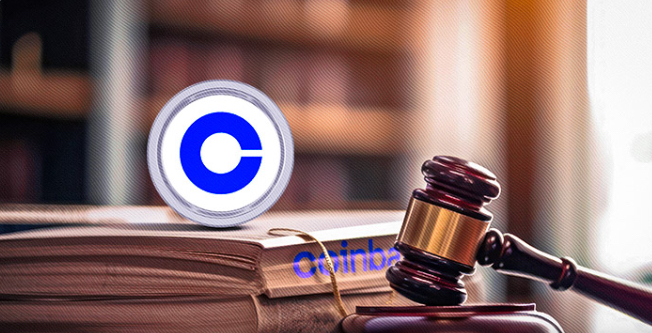Coinbase had originally imposed arbitration terms to its customers.
Lower courts were resistant to Coinbase’s attempts to encourage arbitration.
The U.S Supreme Court has agreed to hear an appeal in a case between Coinbase and its customers, with the primary issue before the court being whether a judge or an arbitrator should determine whose contract controls disputes.
Bloomberg claims that the parties’ competing contracts—one of which favors arbitration, and the other, judicial litigation—are to blame for the current impasse.
Pursuing Arbitration
Coinbase had originally imposed arbitration terms to its customers, but a hitch occurred with a sweepstakes agreement that referred dispute resolution to California courts. Customers who felt misled by Coinbase’s advertisements challenged the company’s standard policy of binding arbitration by filing a class action lawsuit.
Lower courts were resistant to Coinbase’s attempts to encourage arbitration. The Ninth Circuit Court of Appeals agreed with a federal judge in California that the sweepstakes agreement, which called for judicial settlement of disputes, should be honored. Therefore, the company’s desire to have the matter resolved via arbitration was denied.
Even though the Supreme Court has recently ruled 5-4 in favor of the crypto exchange in a similar case, the courts are still reluctant to enforce the ruling. The court subsequently sided with the corporation, ruling that it was within its rights to temporarily halt consumer lawsuits while it pursued arbitration of the underlying conflicts.
The Supreme Court’s decision to hear this case will have far-reaching consequences for businesses that utilize arbitration provisions. It also emphasizes the court’s ongoing role in setting the limits of arbitration and litigation.

